For many their baptism was an event they attended, but do not have any recollections of because they were an infant at the time. They know it occurred because they were told so, have a photo or two, perhaps church documents or inscribed bible. In any event, it was “done”, and they feel confident they can attest to it. But what really took place on that occasion, from a theological and spiritual perspective? An amazing amount of divine grace and love surrounded that event; to where libraries are filled with books on the subject. For example, you were initiated, sealed, received the Holy Spirit, adopted, prayed over, cleansed of sin, illuminated with the light of Christ by a candle, welcomed, reborn, and, finally, given a name. In doing so you became a member of the Mystical Body of Christ, the Church, and an inheritor of the Kingdom of God. In other words, while a singular event, whether as an infant and spoken for by parents or sponsors, or as an adult, Holy Baptism was just the beginning.
Holy Baptism is, of course, one of the two Sacraments* of the Episcopal Church; which our Lord instituted through his direct participation; the other being the Eucharist. Besides his baptism by St. John in the Jordan River, an event we recently liturgically celebrated, Christ spoke with the apostles about baptism after his Resurrection: “Go therefore and make disciples of all nations, baptizing them in the name of the Father and the Son and the Holy Spirit…” (Matthew28:19). And just a few weeks later, because of this imperative from Christ and St. Peter’s exhortation on the day of Pentecost in Jerusalem, approximately 3,000 were baptized, received the Holy Spirit, and the Mystical Body of Christ, the Church was born. Because of these events and Christ’s commission to the apostles, the Early Church placed an enormous amount of emphasis on the rite of Holy Baptism for those converting to the faith. Indeed, the process of becoming a Christian typically took up to three years; and it was a period of probation, education, and nurturing in what it meant to be a follower of Christ. It was a time to decide if the cost of discipleship might be too a high a price to pay; for in many locales there were hostile opponents for the nascent, fledgling, emerging Mystical Body of Christ, the Church with which to contend.
It is perhaps difficult for us to identify with the threatening consequences of baptism at the time of the Early Church. It is also unlikely that many today went through an arduous and lengthy period of discernment leading up to our baptism, particularly if baptized as an infant and sponsored by our parents. And while in some forums of the political and social environment there are issues concerning religious freedom, we do have a constitutionally protected freedom of expression for our faith. So how does our baptism influence our faith at this point in our lives? As part of the liturgy for the Rite of Holy Baptism we participate by attesting to our faith and its beliefs and obligations by saying the Baptismal Covenant (pages 304-5 of The Book of Common Prayer). There are eight questions asked of us by the celebrant, and the last five essentially require we rededicate ourselves to “pay the price” of what began with our baptism.
That “with God’s help” we will seek to strive for justice and peace; seek and serve Christ in all people; proclaim the Good News; resist evil; be active in the Church. Then, the consequences of our baptism never really ended and never will.
* The Episcopal Church recognizes five other Rites which are called: Confirmation, Ordination, Holy Matrimony, Reconciliation of a Penitent, and Unction.

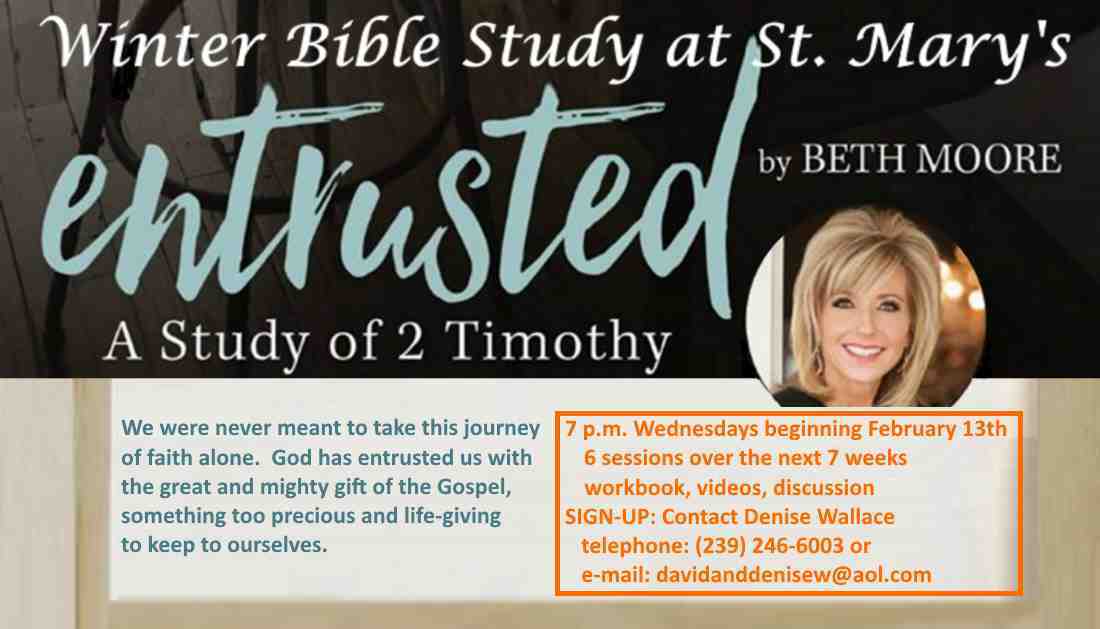
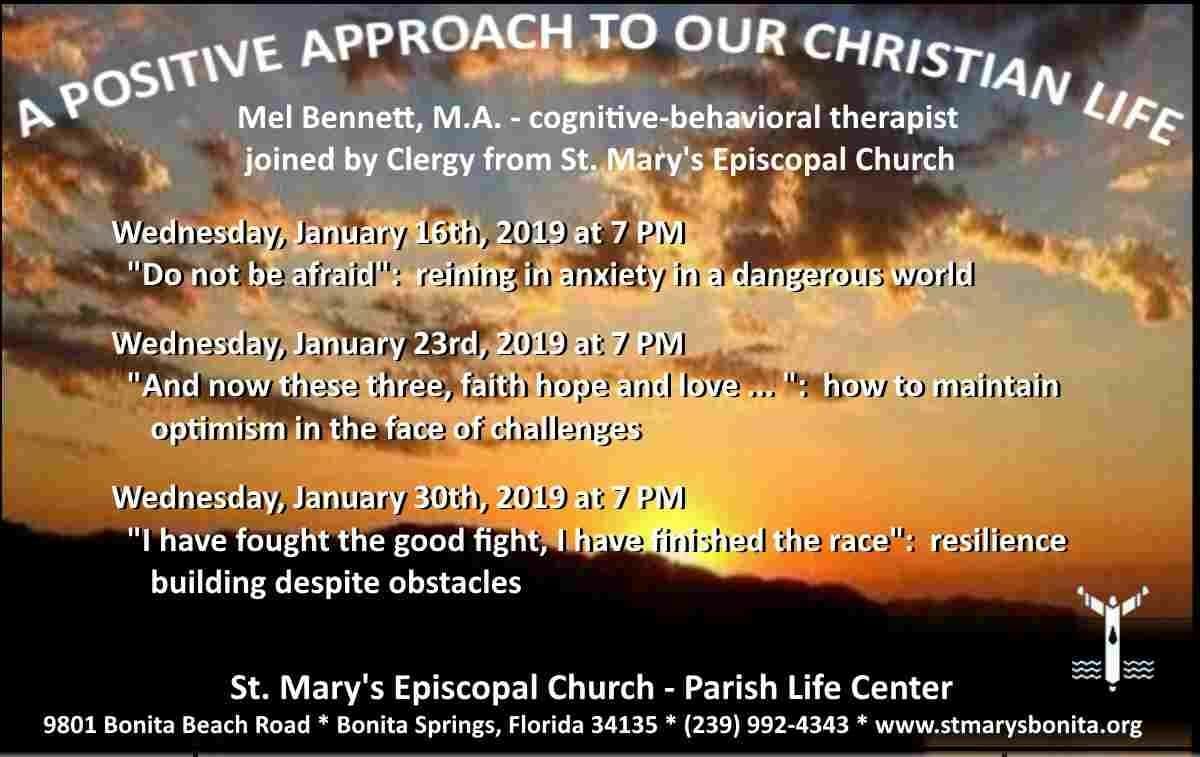
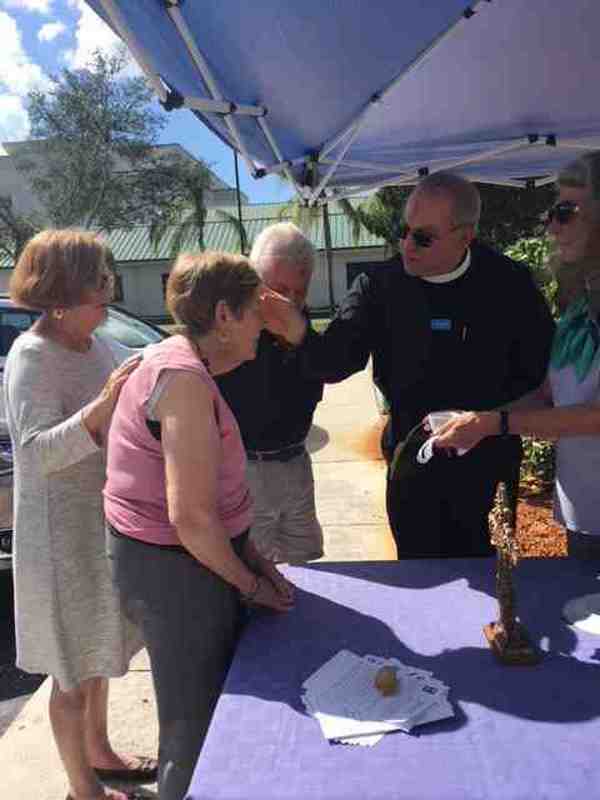
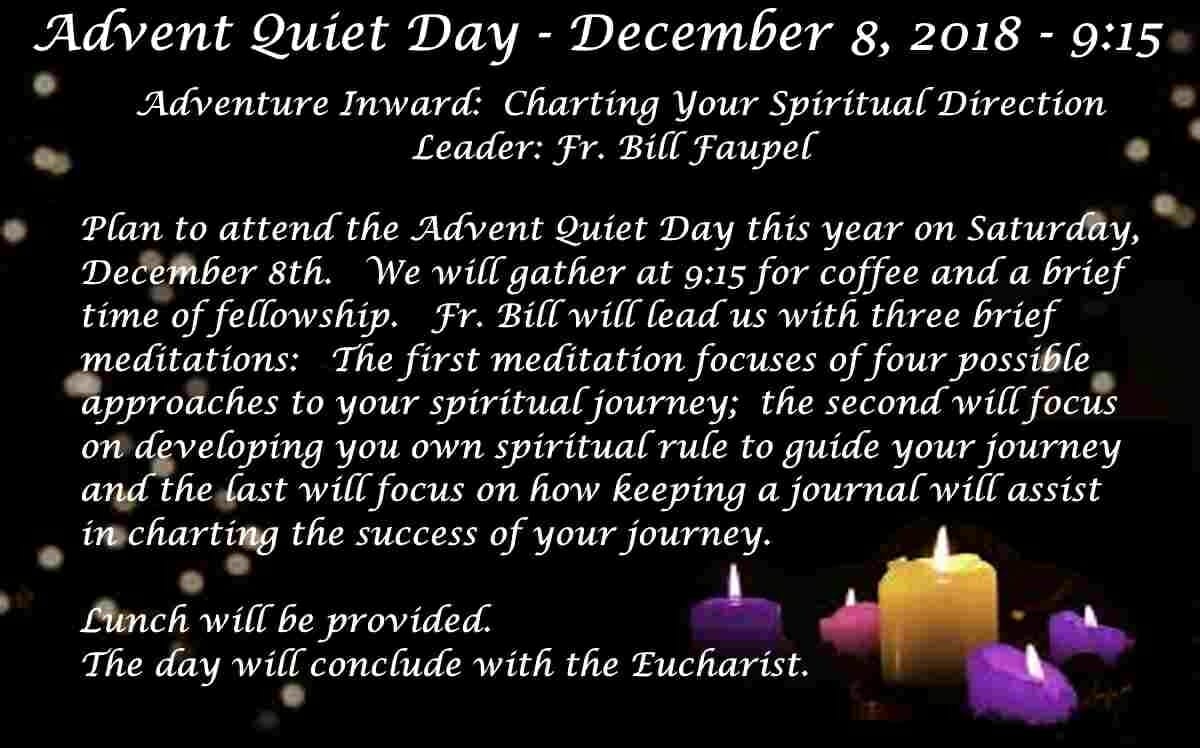
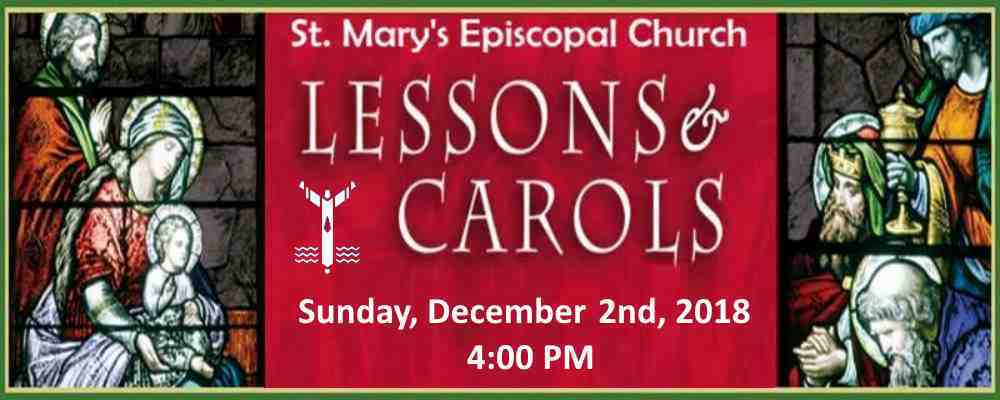

Leave A Comment